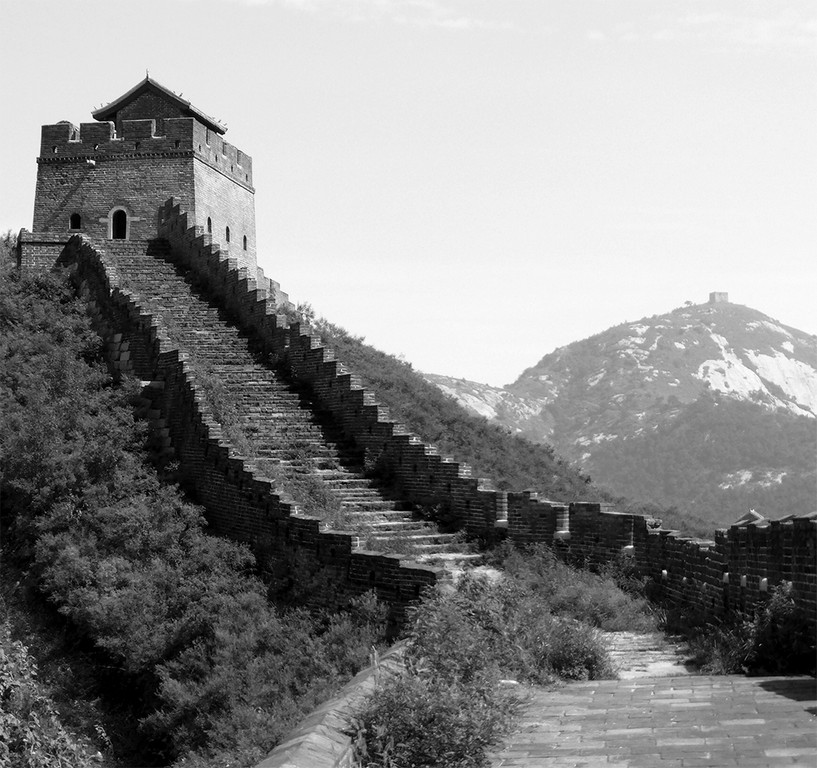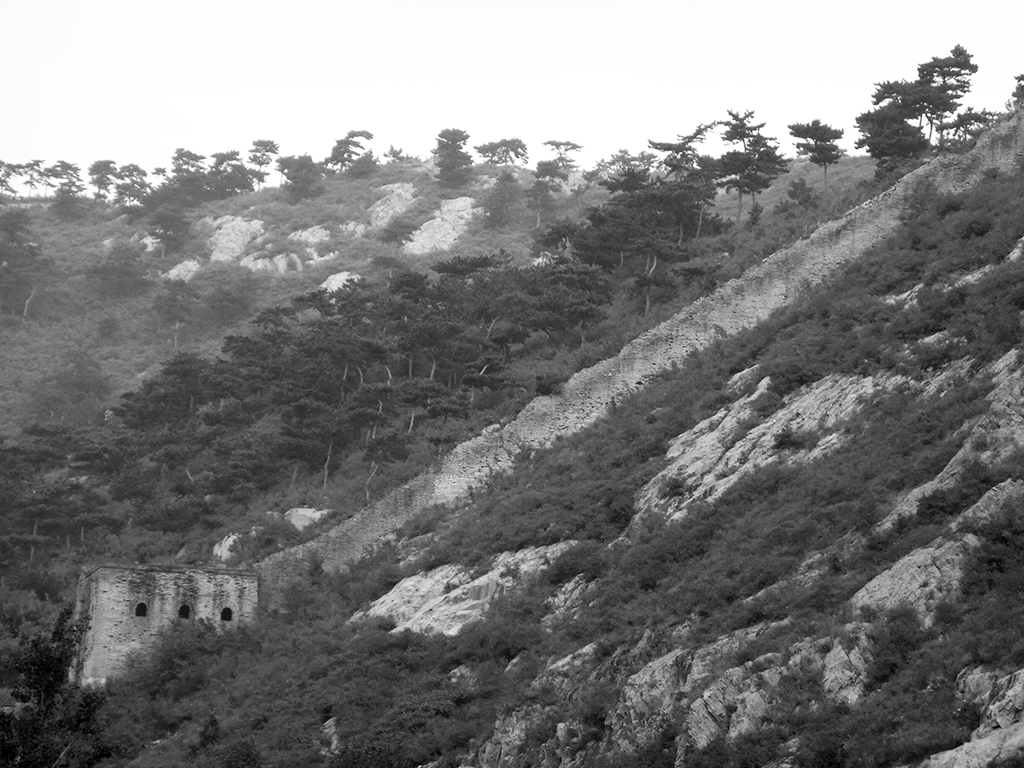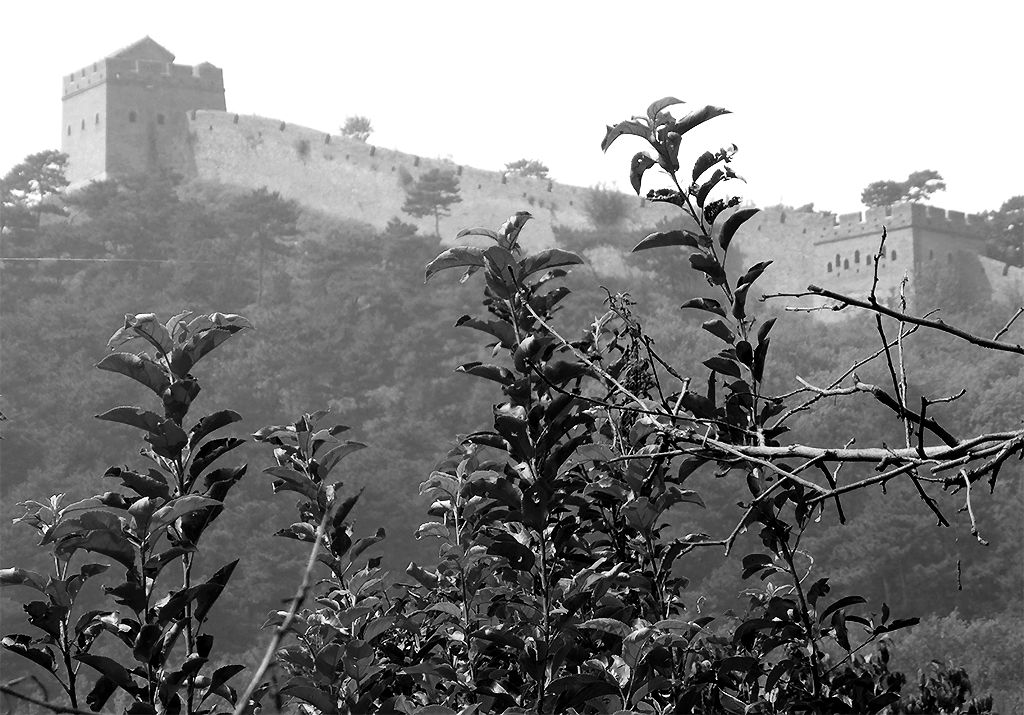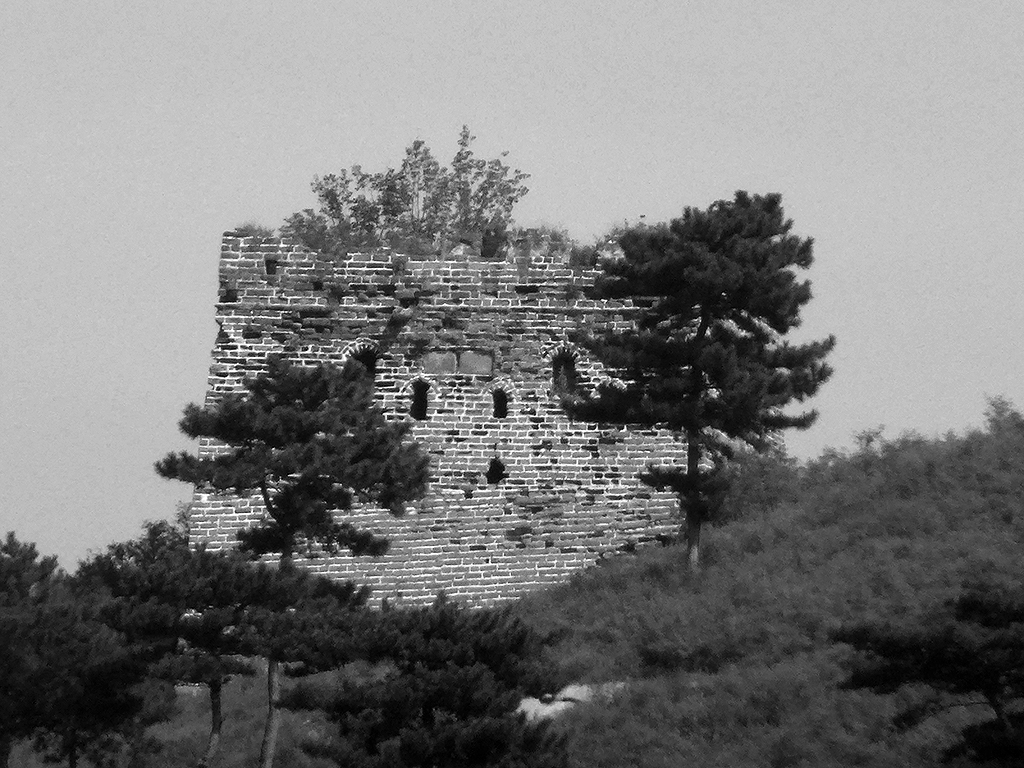Binu And The Great Wall is a wonderful myth retold in the words of Su Tong, the author of ‘Rice‘.
The myth of Binu and how her tears washed away the Great Wall have been passed down through the ages in China. It is a tale of hardship, brutality and undying love. Su Tong’s version of the myth, brings to the reader the harshness and cruelty that led to the construction of the wall and the terrible effects it had on the common people.

The tale takes place during the reign of Qin Shi Huang 秦始皇, the emperor better known for the Terracotta Army.

After reading Binu and The Great Wall it will be difficult to feel indifferent when you next stand on this immense monument to human suffering.

Binu and the Great Wall and its Relevance Today
It is curious to note that in recent years the Chinese Communist Party 中国共产党 has been trying to rehabilitate the image of the Emperor Qin Shi Huang 秦始皇 and portray him as some kind of national hero who unified China.

Territorial unification and the sinofication of all subjects living within the borders of China does seem to ring a bell with statements coming out of the current Chinese leadership.

It was under Emperor Qin Shi Huang 秦始皇’s reign that the Great Wall was built on such a massive scale in in such unhospitable terrain. For millennia in Chinese history, the name of Emperor Qin Shi Huang 秦始皇 was associated with cruelty, savagery and unbridled megalomaniacal ruthlessness and of having caused untold suffering to the population.

Re-inventing Emperor Qin Shi Huang 秦始皇 as a Chinese hero just goes to show that we live in interesting and maybe dangerous times!
Read Su Tong’s Binu and think about China today!

